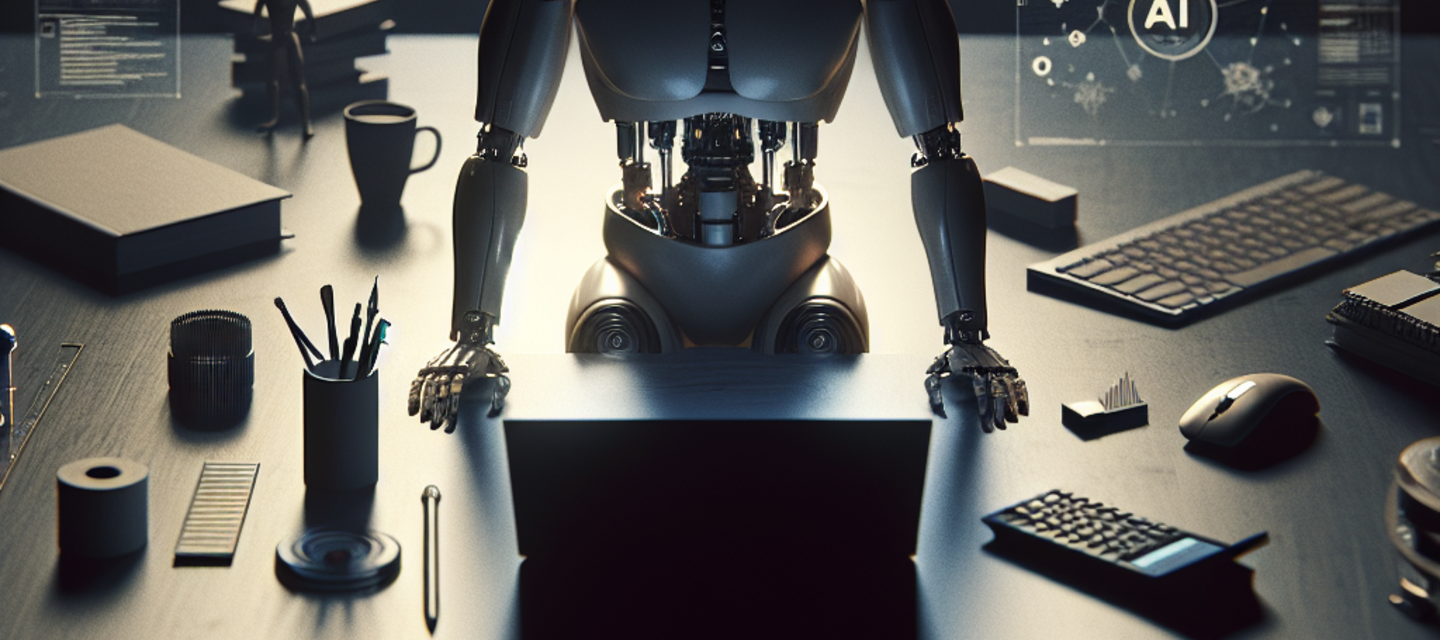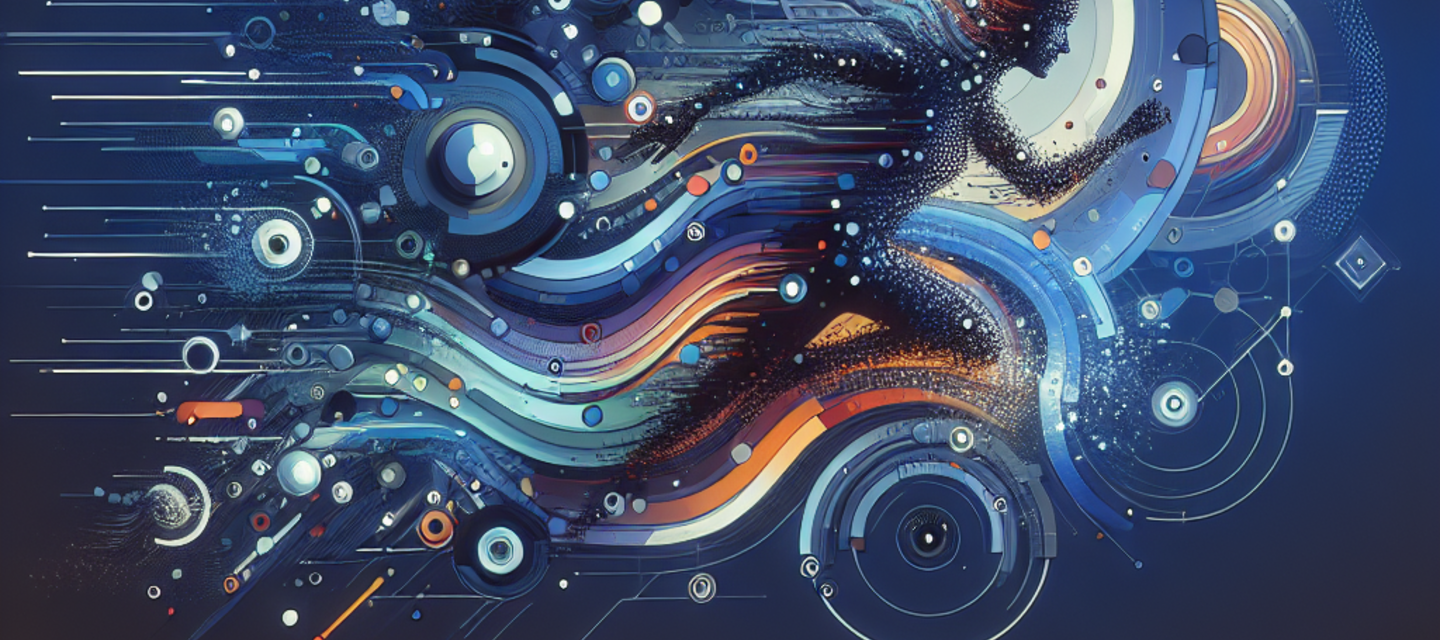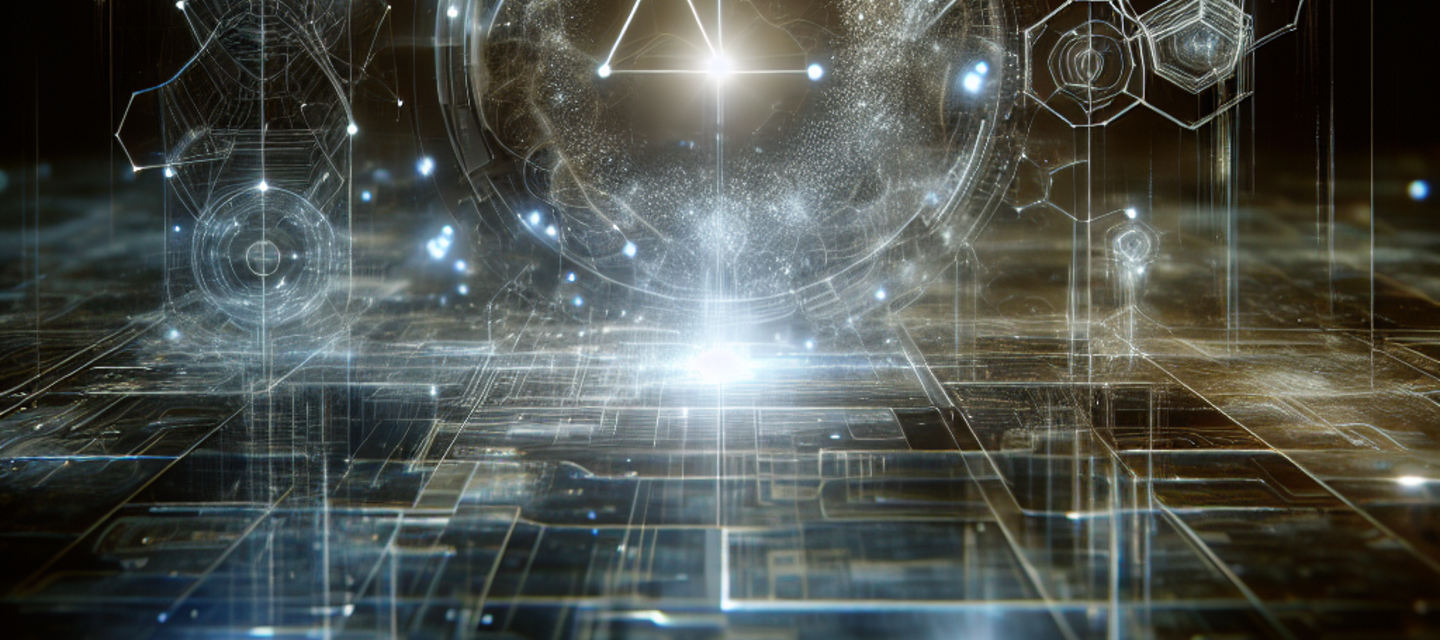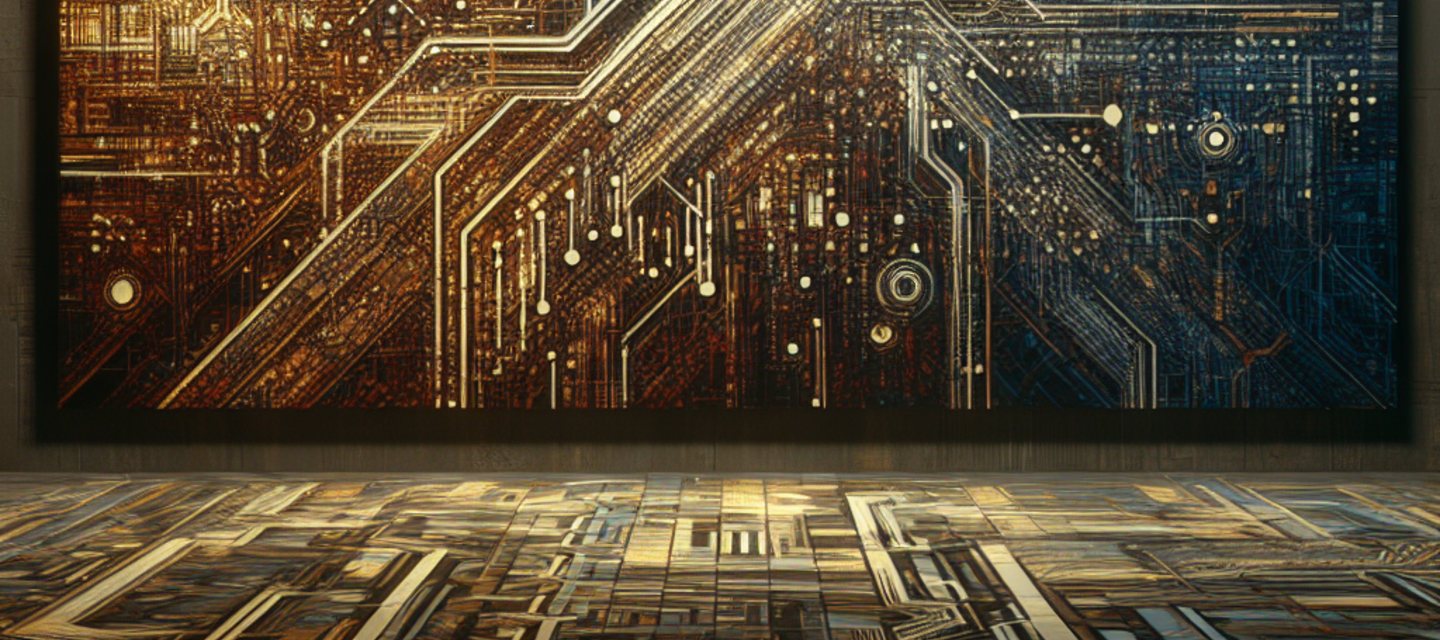AI's Role in Evolving QA Careers
Automation architects are on the rise — AI is changing what it means to build and break software

Automation architects are on the rise — AI is changing what it means to build and break software
It's a Tuesday night in late October, and I'm scrolling through X, dodging the usual flame wars, when a thread catches my eye: "QA isn't about testing anymore — it's about orchestration. AI is your new teammate, not your replacement."
That line sticks with me. It's not just hype or clickbait. It's a signal — a quiet warning — that something fundamental is shifting under the feet of anyone who's made a living breaking software so others won't have to.
For years, QA was the craft of finding bugs and writing tests. Now? It's morphing into something more ambitious, more creative, and, if we're honest, more daunting for everyone who's staked their career on traditional testing roles.
---

When QA Was a Shield — and Why That's Changing
Most of us remember the old QA model: test cases, regression runs, bug reports hurled across the room (or the Slack channel), and the constant tension with engineering. QA was the guardian at the gate. The work could be tedious, thankless, but essential.
But then AI crept in — quietly at first, disguised as smarter test automation, code suggestions, even those early flaky "self-healing" frameworks that never quite worked right. By 2025, though, the landscape looked different.
A July Medium post summed it up: "The QA engineer is now an architect, not an executor." [1] Instead of writing every test or clicking through every workflow, you're curating data, designing feedback loops, and tuning AI models that do the heavy lifting.
This isn't just automation on steroids — it's a cultural change. QA, SDETs, even indie builders are being asked to think like system designers. The question is no longer, "Did the app break?" It's, "Are my guardrails smart enough to catch what I can't predict?"
And that's a wild place to be.
---
The Age of the Automation Architect
Let's be blunt. If you're still writing brittle Selenium scripts or copying test plans from last year, AI is about to leave you in the dust.
Here's what's happening, according to multiple 2025 trend reports [2][3]:
- AI-powered tools now generate and maintain the majority of regression tests.
- Generative AI can "understand" UI flows and even create new tests based on user telemetry.
- Self-healing frameworks are finally living up to their promise, repairing broken selectors or workflows on the fly.
What's left for the human? More than you think — but it's different work. The new QA architecture role means:
- Designing the pipelines and data sets that teach AI what "good" looks like.
- Creating meta-tests to evaluate if the AI's outputs make sense — and when to intervene.
- Making calls about test coverage, bias, and risk that no algorithm can fully automate.
Suddenly, QA feels closer to AI product management than rote testing.
If you're an SDET, your coding skills are still crucial, but now you're building the tools that let AI scale, not just automating the same-old test suite. If you're an indie builder, you need to know what AI can automate for you — and where your human judgment matters most.
It's intimidating. But also exhilarating, in the way that big inflection points always are.
---

From Human Tester to Human-in-the-Loop
The phrase "human-in-the-loop" keeps surfacing in reports from the likes of TestRail and GetXray [2][5]. Here's what it means, in real terms: you're no longer the final authority, but you're the sanity check. The shepherd. The conscience for your AI helpers.
- When a model flags a broken payment flow, you verify — not just the bug, but whether the model's logic holds up.
- You teach the AI to spot failure patterns it missed. Not by writing new tests, but by curating examples, tweaking feedback, and guiding its learning.
- You architect systems where AI suggests, humans review, and both get smarter over time.
This is a shift in power — and responsibility. QA isn't going away, but it's moving upstream, into the messy, ambiguous places where "quality" is less about pass/fail and more about system health, user trust, and business risk.
And yes, that means SDETs and QA leads need a new toolkit: ML basics, prompt engineering, data management, and the humility to admit when the machine has spotted something you never would.
---
Indie Builders, You're in the Crosshairs Too
Lest you think this is just a BigCo problem, 2025's indie dev landscape is just as turbulent. The solo builders and two-person teams, armed with Copilot, Playwright, and a dozen AI wrappers, have to make peace with the fact that their test coverage is, more than ever, an algorithmic artifact.
AI can give you 80% of the way there. But it takes product intuition — your sense of "what matters" — to close the gap. The most successful indie apps aren't just bug-free; they're resilient, adaptable, and user-centric. That's not something you can template or automate away.
In a way, the rise of AI is leveling the field and raising the bar all at once. Anyone can plug in a testbot; not everyone can architect a system that anticipates real-world chaos.
---
"Will AI Steal My Job?" and Other Uncomfortable Questions
Every time I talk to QA leads these days, the same worry surfaces. "If AI handles the grunt work, what's left for me?" Or more bluntly, "Is there still a career in QA?"
Here's the uncomfortable truth that's emerging in all these trend pieces [1][3][4]:
- The classic manual tester role is shrinking fast.
- SDETs are in demand, but only if they can architect and adapt, not just automate.
- The boundary between QA, dev, and ops is blurring — AI doesn't care about your job title.
But here's what the best QA folks are doing: they're becoming orchestrators. They're thinking like product leaders. They're bending AI to their will, not the other way around.
It's not easy. It demands more creativity, technical depth, and, frankly, more courage to own mistakes when AI gets it wrong. But it's a path forward — and it's wide open for those willing to learn.
---

Beyond the Hype: What Never Changes
Underneath all the shifts and shiny new tools, there's something fundamentally human about software testing. Trust, skepticism, the urge to probe at the edges — no AI has mastered those instincts yet.
AI will keep getting better at test coverage, error detection, and even root-cause analysis. But as long as humans build software for other humans, there's room — no, a need — for people who can question, synthesize, and challenge the story the machines are telling.
So maybe the question isn't, "Will AI replace QA?" Maybe it's, "Are we ready to become the architects of how AI shapes quality itself?"
That's a question worth losing a little sleep over.
---
References
- https://medium.com/womenintechnology/ais-impact-on-software-testing-the-evolution-of-qa-engineers-sdets-and-automation-architects-71cd91e46401
- https://www.testrail.com/blog/software-testing-trends/
- https://orangeloops.com/2025/04/qa-trends-2025-the-future-of-software-testing/
- https://www.getxray.app/blog/top-2025-software-testing-trends
- https://www.virtusa.com/insights/articles/software-testing-trends-in-2025
#QA #AI #Automation #SDET #DevTrends
Comments
Post a Comment